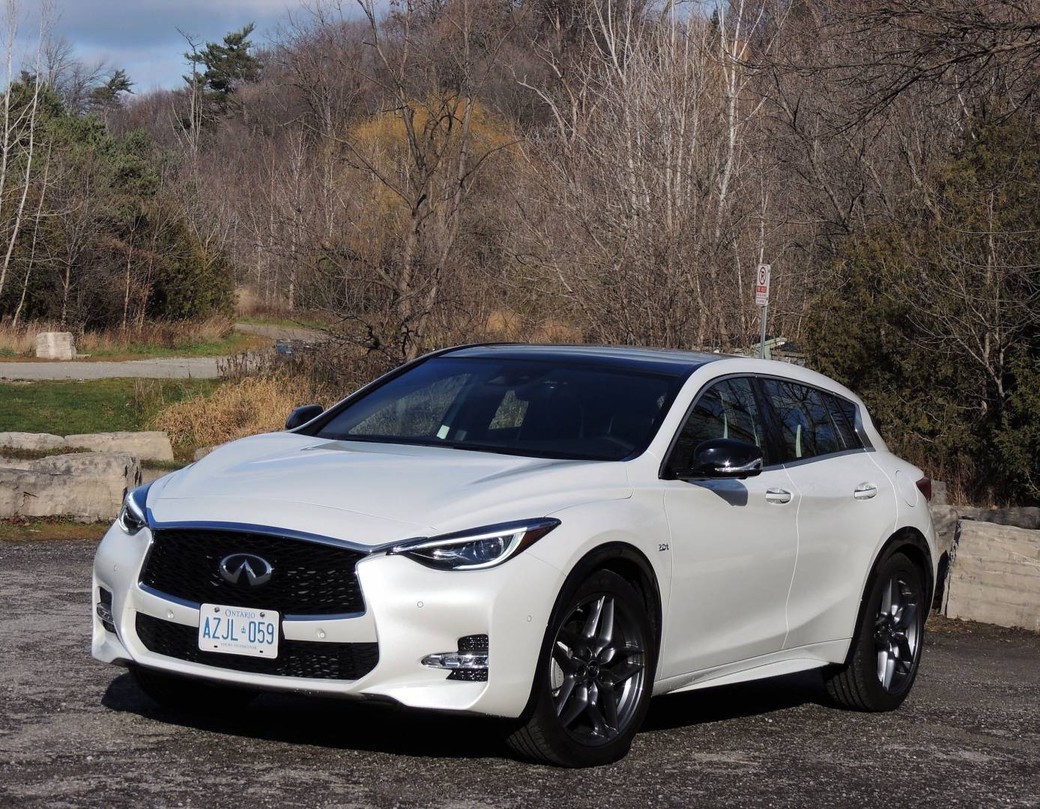
5 most overlooked costs of owning a car
A car is an expensive investment. However, after negotiating with the dealer for a fair price, be sure to ask about any other costs and if they’ve factored them into the deal. This will help you determine any hidden charges to get a picture of what you’re paying for. Learning about these costs in advance will help you assess your financial capacity, especially if you’ll be making monthly payments.
Additionally, if you’re buying the car on loan, you’ll be able to get the right amount of financing approved. It also gives you a chance for fair negotiation. Below are the most overlooked costs of owning a car.
1. Insurance costs
Insuring a car may seem cheap, but it can be costly depending on the type of car you own and the type of insurance cover you take. Besides being a legal requirement, purchasing an insurance policy makes a lot of financial sense as it safeguards you in case of an accident. Failure to take up auto insurance means you’ll have to pay out of your pocket or face legal consequences. Considering how costly insurance can be, you can get free car insurance quotes for several insurance policies, so you choose the one that serves your interests best.
2. Vehicle registration costs
Whether you buy a new or a used car, you must register it in the state you live in, as this is the only proof of your ownership. If you get a new car, you can have the dealer register it on your behalf. If the vehicle is from private property or a transferred title, you have to personally visit the DMV office to have it registered in your name. However, you can make the subsequent registration renewals online.
3. Maintenance costs
To keep your vehicle running as it should, you have to stay updated with the most common vehicle service and maintenance costs. Regular oil changes may seem simple, but they’re essential to prevent costly car issues down the line. Other items that require regular upkeep are brake pads, tires, and windshield repairs. As time goes by and miles add up, your auto’s transmission and terrain will finally need servicing. Remember to budget for unexpected costs once your warranty expires.
4. Car depreciation
Depreciation may be the most overlooked car ownership cost. When you buy a new car, its value gradually depreciates over time. While others like collectibles or rare vehicles may increase in value, all vehicles’ value decreases with time. Depreciation becomes a matter of concern when you decide to trade in your car or sell it. However, you can buy a certified pre-owned vehicle if you want to stay ahead of depreciation.You can also prevent depreciation by driving your car less which can be achieved by using alternate transportation or shipping the vehicle when it makes sense.
5. Fuel costs
While fuel costs may seem like an obvious expense, gas prices fluctuate due to global economic conditions, demand, and seasonal changes. However, your car’s consumption won’t change. This is why it’s essential to compare different vehicle models to see how your dream car compares to other vehicles in fuel consumption. Consider visiting a reputable site to find out how different car models consume fuel.
Endnote
Owning your dream car can be exciting, but being conscious about the costs involved will help you make informed financial decisions. Use the above tips the next time you buy a new car and consult your dealer about any likely costs.
Photo: Unsplash









